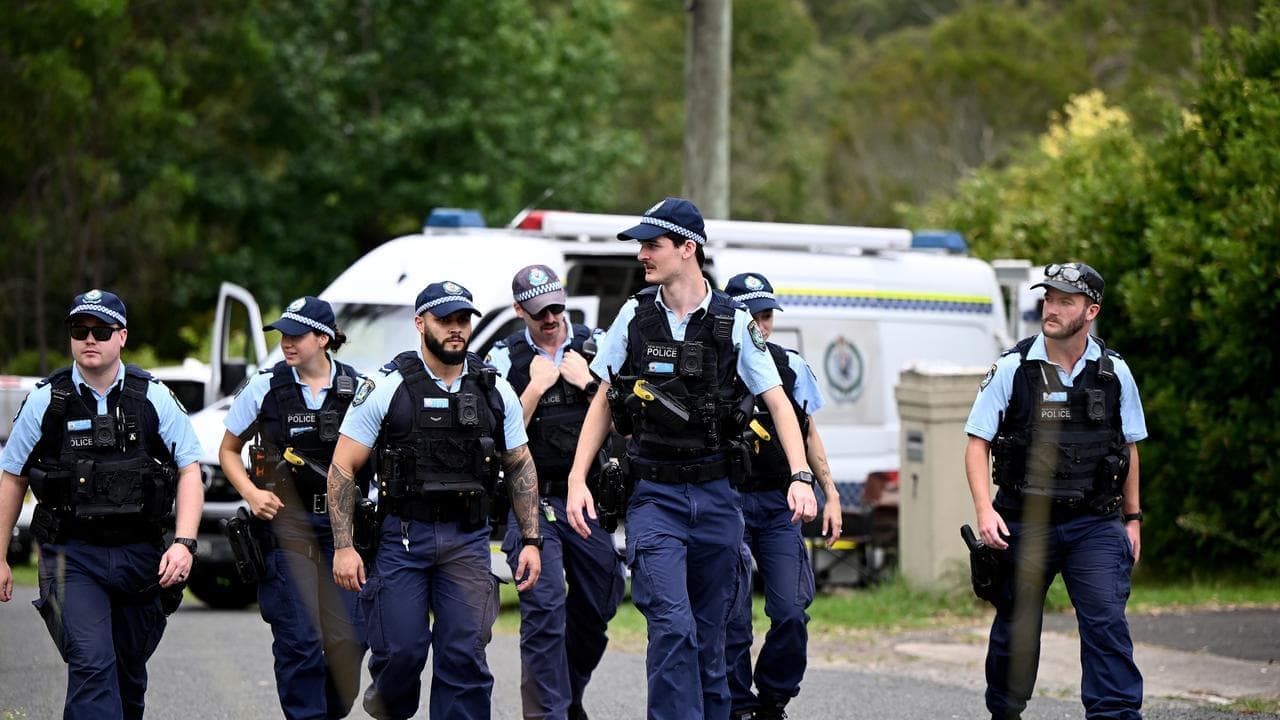WHAT WAS CLAIMED
A kind-hearted woman is using Facebook to help return vintage photos to their original owner.
OUR VERDICT
False. The posts are part of a scam and are later changed to feature suspicious links.
A Facebook user has posted dozens of messages in groups appealing for help in finding the original owner of several vintage photographs.
But the posts are fake. They are part of a scam designed to encourage Facebook users to share content to reach a wide audience. After the post is shared widely, the content is changed to something unrelated, encouraging users to click on suspicious links.
The original posts, like this one (archived here), at first appear to be an attempt to reunite vintage photographs of a young boy with their original owner.
"I'm trying to use the power of Facebook to get these pictures back to their owner," the post reads.
"My mother in law bought a book from a charity shop in Stevenage and found these pictures inside. Can we share this as much as possible please so we can get the (sic) reunited."

The same user has made almost identical posts, only changing the name of the town or city, in Facebook groups largely based in the UK (see here).
However, the edited versions of the post like this one (archived here), advertise a £200 "bonus" if users click the link and sign up to a market research website.
Other versions (archived here) use different named market research companies.
While the author uses the name of genuine companies, the links direct to unrelated websites. The genuine companies are not involved in any way.
Another sign that the posts are not authentic is that the user has disabled the comments, a common feature of scam posts (see here and here) that prevent savvy Facebook users from alerting others.
The user's Facebook account also indicates a hoax. The account is not a personal Facebook account, but a Facebook page, and was created recently, on April 2, 2023.
The page appears to have engaged in little activity other than suspicious posts in community groups (see here, here, and here).
AAP FactCheck has previously warned readers about scam posts about missing relatives, missing children, injured dogs, free puppies, free groceries, money-making schemes, surplus Bunnings stock, and crochet patterns.
The Verdict
Various posts appealing to Facebook users to help find the owners of vintage photos are fake.
They are part of an engagement bait scam that encourages people to spread the content to a wide audience. The posts are then edited to feature suspicious links.
False – The claim is inaccurate.
AAP FactCheck is an accredited member of the International Fact-Checking Network. To keep up with our latest fact checks, follow us on Facebook, Twitter and Instagram.












